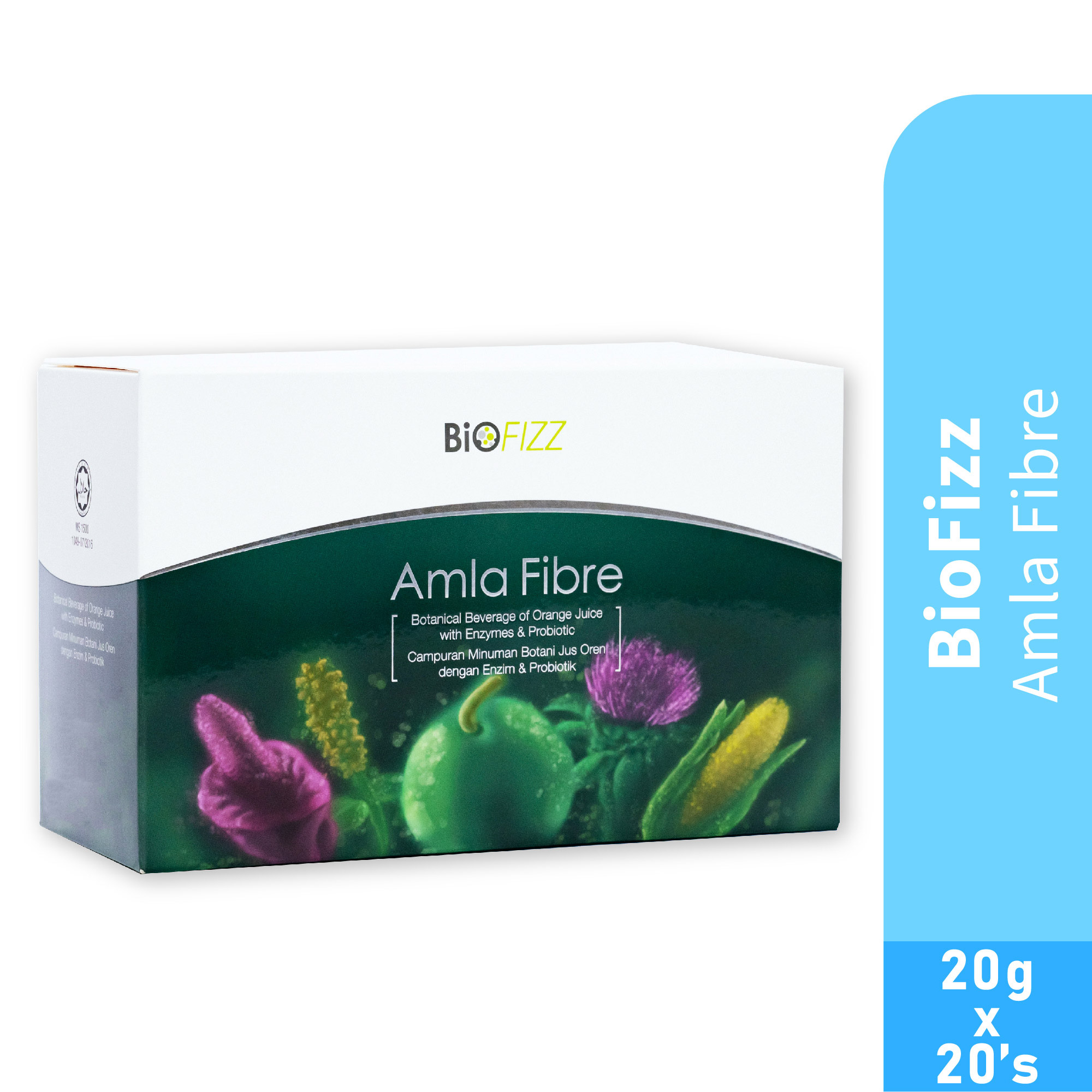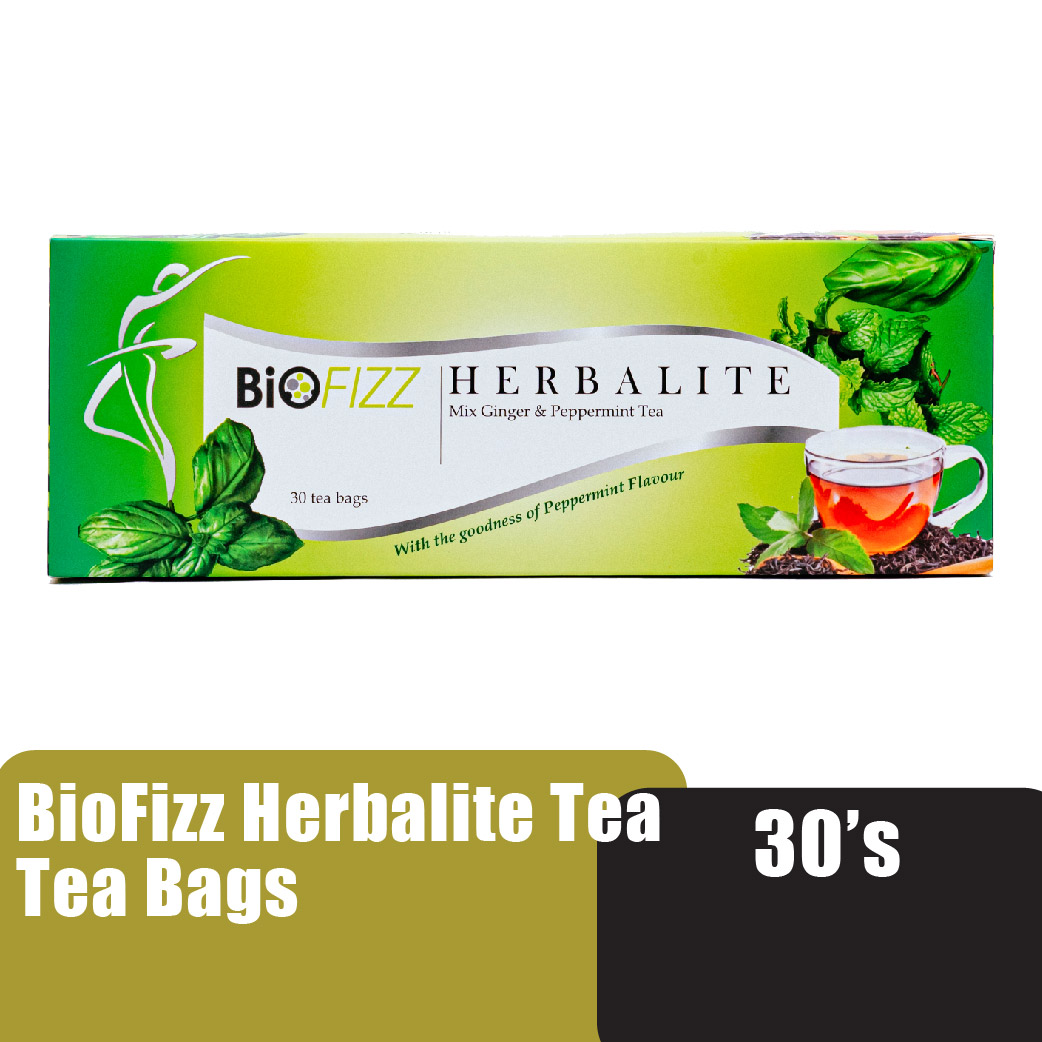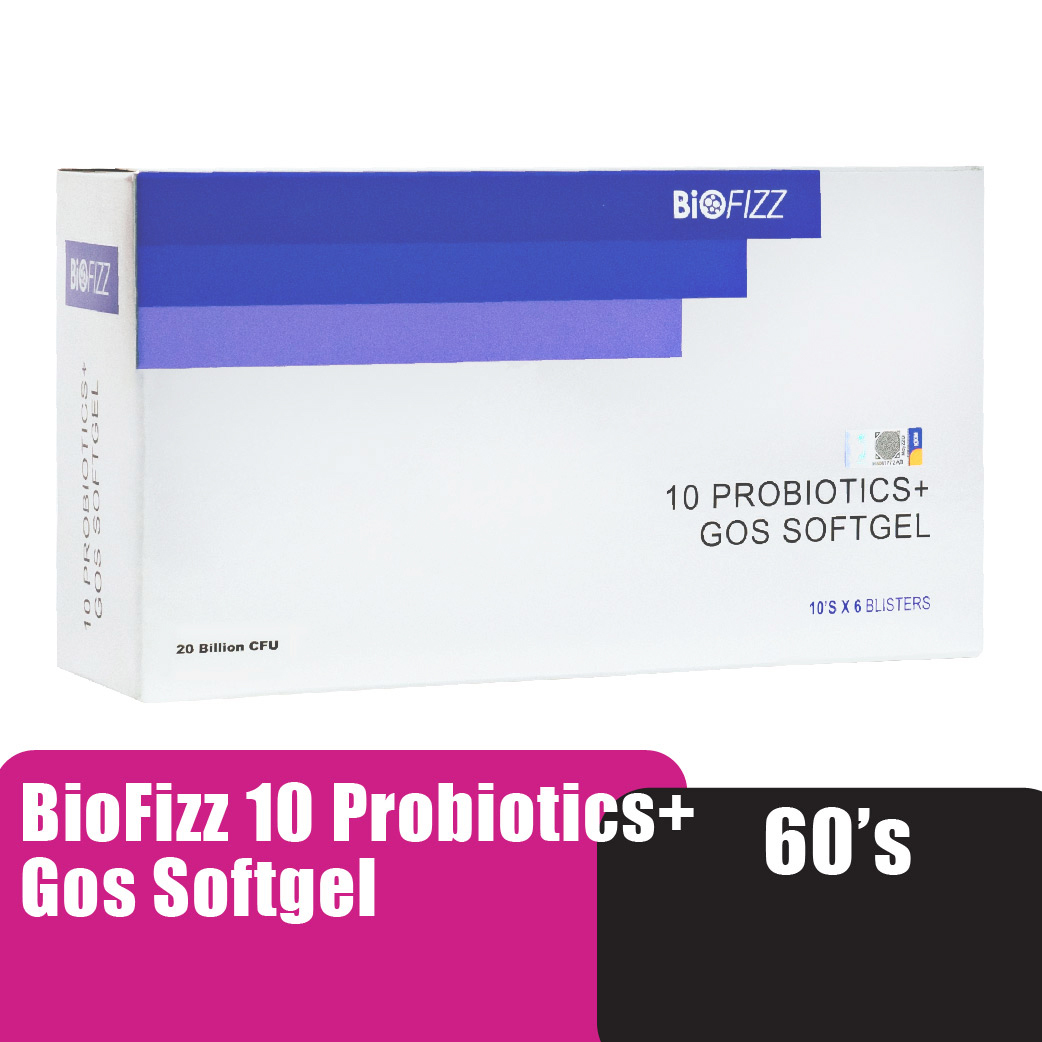-
SALES
- Popular BrandsCetaphilColgateDettolDoveEgo QVGuardianGilletteKloranceKotexKundalMore ...

- Health Supplement
- Popular BrandsCetaphilColgateDettolDoveEgo QVGuardianGilletteKloranceKotexKundalMore ...
Healthy Food ProductsNew- Popular BrandsCetaphilColgateDettolDoveEgo QVGuardianGilletteKloranceKotexKundalMore ...
- Mom & Baby
- Kids
- Personal Care
- Popular BrandsCetaphilColgateDettolDoveEgo QVGuardianGilletteKloranceKotexKundalMore ...
- Skincare
-
Popular BrandsCetaphilColgateDettolDoveEgo QVGuardianGilletteKloranceKotexKundalMore ...
- First Aid
- OTC Medicine
- Popular BrandsCetaphilColgateDettolDoveEgo QVGuardianGilletteKloranceKotexKundalMore ...
- Rehab
- Popular BrandsCetaphilColgateDettolDoveEgo QVGuardianGilletteKloranceKotexKundalMore ...
- All Products
Understanding Gastroesophageal Reflux Disease (GERD)
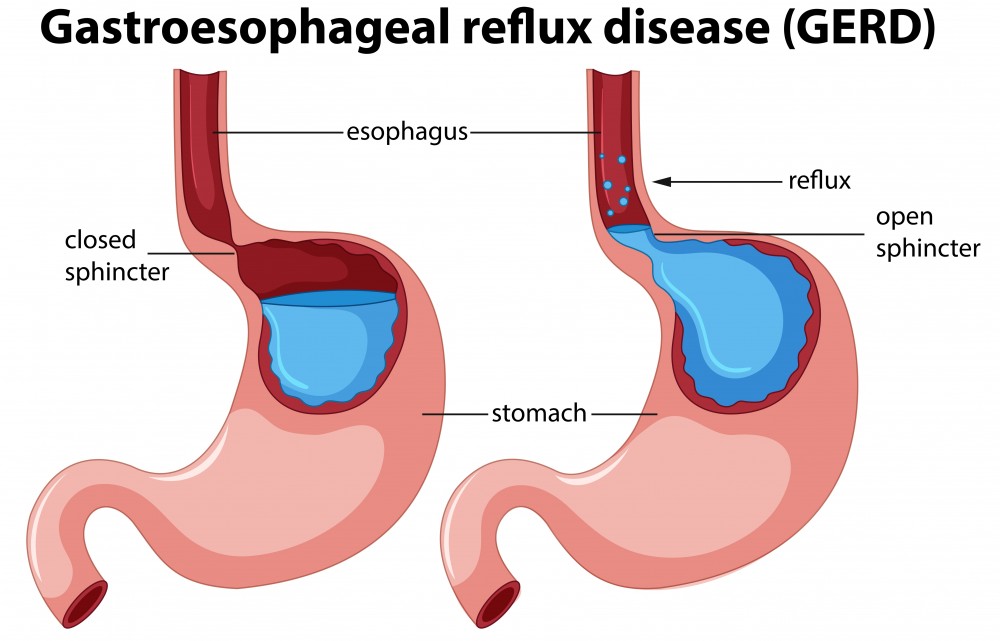
Have you ever felt a burning feeling in your chest after eating? That might be acid reflux. If it happens often, it could be something called GERD—short for Gastroesophageal Reflux Disease. GERD happens when stomach acid comes back up into your food pipe (esophagus), leading to irritation of its lining. This backwash, can cause discomfort and potential complications if left untreated.
Common Symptoms of GERD
If you have GERD, you might feel:
- A burning feeling in your chest (heartburn)
- Sour or bitter taste in your mouth
- Food coming back up into your throat
- Trouble swallowing
- Dry cough or sore throat
- Hoarseness or voice change
These symptoms are usually worse after eating or when lying down.
Causes and Risk Factors
GERD results from frequent acid reflux. When you swallow, the lower esophageal sphincter (LES)—a circular band of muscle around the bottom of your esophagus—relaxes to allow food and liquid to flow into your stomach. Then it closes again. If the LES weakens or relaxes abnormally, stomach acid can flow back up into your esophagus. GERD can happen for many reasons. Some common ones include:
- Being overweight
- Eating large meals
- Eating late at night
- Eating spicy, fatty, or fried foods
- Drinking coffee, alcohol, or soda
- Smoking
- Pregnancy
- A weak muscle at the bottom of your food pipe (called the LES)
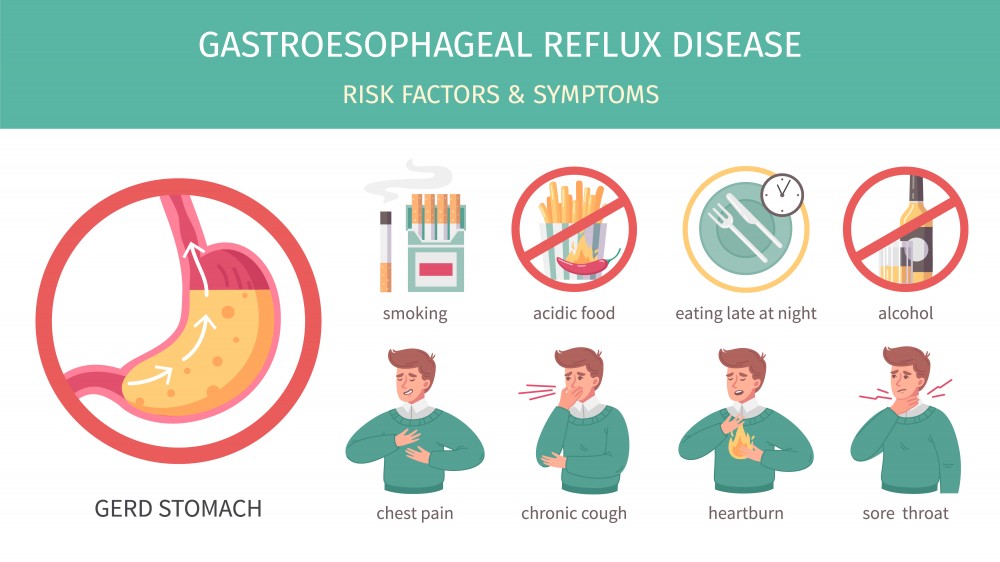
Why GERD Should NOT Be Ignored
If GERD is not treated, it can cause problems like:
- Damage to your food pipe
- Narrowing of the throat, making it hard to swallow
- Changes in the lining of your food pipe (Barrett’s Esophagus)
- Breathing problems like coughing or asthma
How to Manage GERD
You can manage GERD by making small changes in your daily habits and, if needed, using medications.
Simple Lifestyle Tips:
- Eat smaller meals
- Avoid lying down right after eating
- Cut back on spicy, greasy, or acidic foods
- Stop smoking
- Raise the head of your bed
- Lose weight if needed
Common Medications:
- Antacids – Help quickly by calming down the acid (like Tums)
- H2 blockers – Reduce acid production (like Pepcid)
- Proton Pump Inhibitors (PPIs) – Stronger acid blockers that heal your food pipe (like Prilosec or Nexium)
Natural Supplements That May Help with GERD
Some people find that natural remedies help ease their symptoms alongside other treatments. Here are a few that show promise:
Probiotics - good bacteria that support a healthy digestive system.
- They help to balance your gut, improve digestion, and reduce gas and bloating—less pressure means less acid pushing up.
Fermented Soy Peptide - A plant-based supplement made from soy.
- They help in reducing inflammation and protect the lining of the stomach and esophagus.
Ginger Tea - a natural anti-inflammatory and digestive aid.
- Help to soothe the stomach and reduce nausea and bloating.
But remember dont overdo it, as too much can backfire.
Aloe Vera Juice
- Helps to calm the lining of the stomach and esophagus, reducing irritation from acid.
But bear in mind, use only decolorized aloe vera juice thats made for drinking—avoid raw aloe, which can have laxative effects.
Important: Natural does not always mean safe. Do not mix these with medications without checking with a healthcare professional.
Conclusion
GERD is a prevalent condition that can significantly impact an individuals daily life. Through a combination of lifestyle changes, medication, and professional guidance from healthcare providers, including pharmacists, individuals can effectively manage their symptoms and reduce the risk of complications. If you experience frequent acid reflux symptoms, it is important to seek medical advice to develop an appropriate treatment plan tailored to your needs.
Let's keep in touch
Subscribe for our latest news and be the first to know about our offers.

